After the massive explosion at Beirut's port a year ago, only a small part of Ibrahim Hoteit's younger brother was identified: his scalp.
Mr Hoteit buried his brother — a large man, a firefighter, a martial arts champion — in a container the size of a shoebox.
Since then, Mr Hoteit has sold his business, a perfume and accessories shop. He sleeps only a few hours a night. Black circles ring his eyes.
READ MORE: Australian victim of Beirut explosion identified as two-year-old
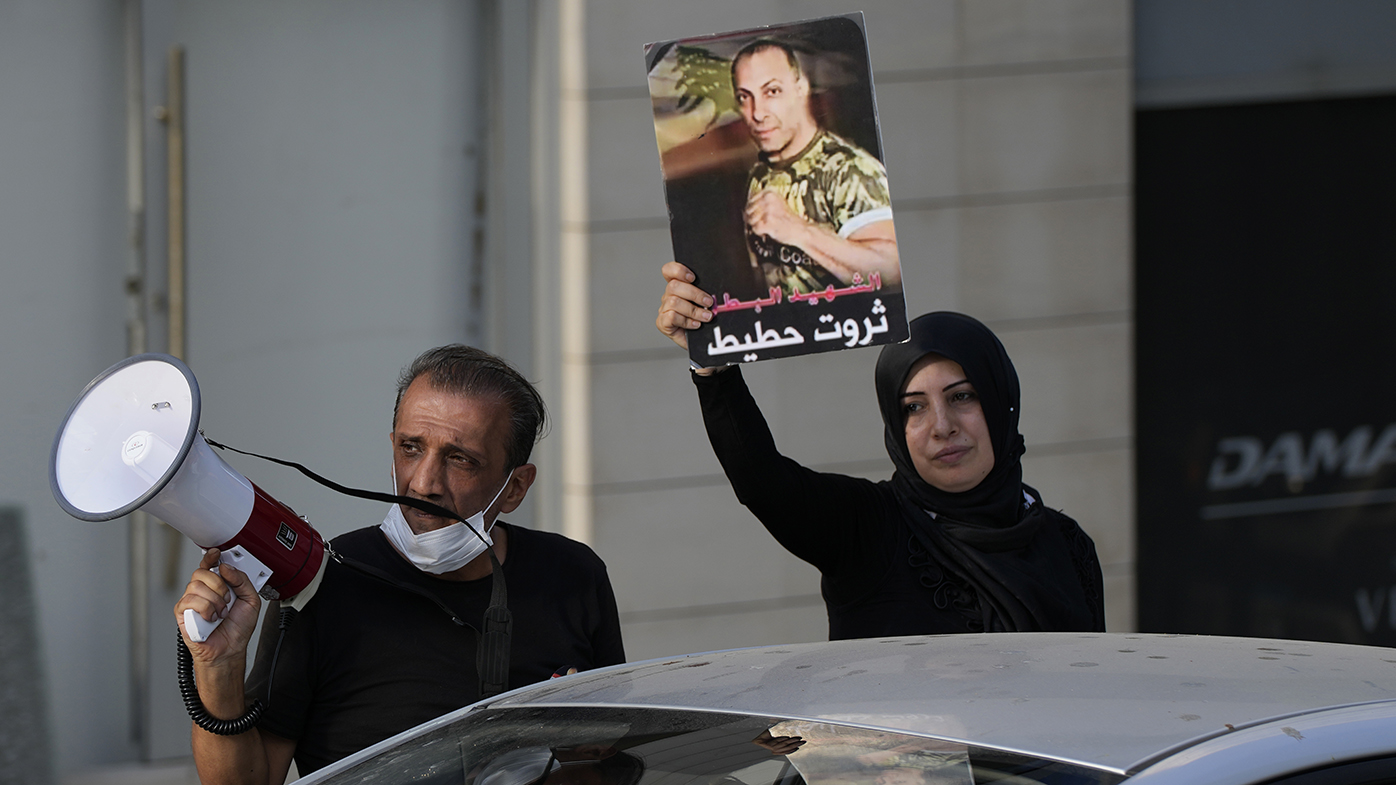
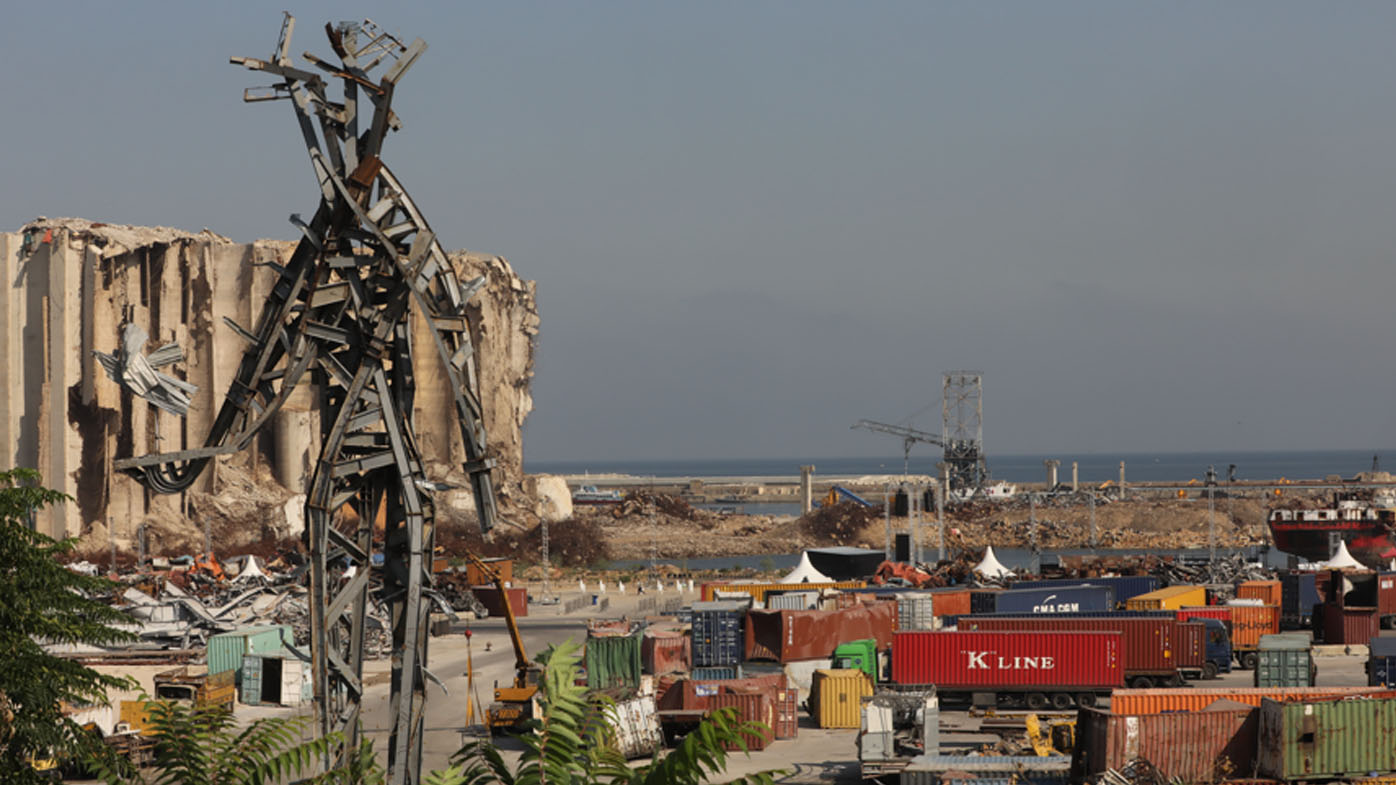
One thing drives him now: winning justice for the victims of the August 4, 2020, explosion that killed more than 214 people and punishing Lebanon's political elite, blamed for causing the disaster through their corruption and mismanagement.
"I don't see a minister or president or parliament speaker. I am seeing the person who killed my brother and others with him," Mr Hoteit said, who says he gets anonymous threats.
"This is what gives me strength. I see that I have nothing to lose."
The victims of the explosion included Australian two-year-old Isaac Oehlers.
Mr Hoteit and his wife, Hanan, have built an association of more than 100 families of those killed.
They are waging a campaign of protests and rallies trying to shame, pressure and force politicians to allow the truth to come out.
A year later, critics say the political leadership has succeeded in stonewalling the judicial investigation into the explosion.
READ MORE: Beirut explosion: Fireworks, ammonium nitrate likely fueled Lebanon blast, experts say
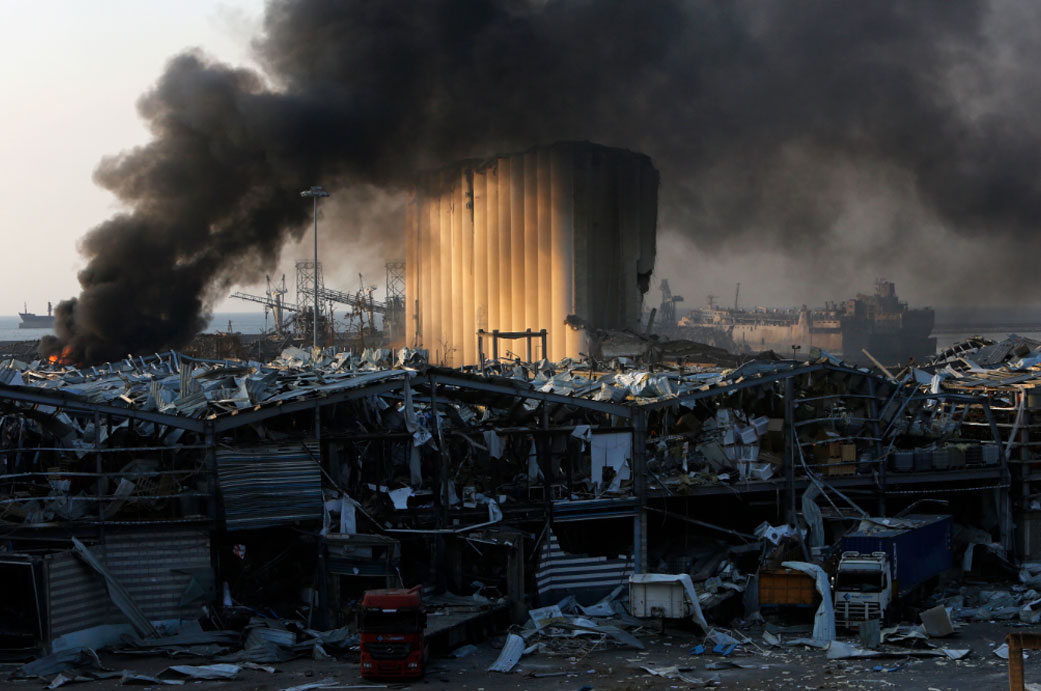
President Michel Aoun has said no one will have political cover if they are found negligent or guilty, but has not addressed accusations that officials are obstructing the investigation.
Mr Hoteit and other families say they are up against not just a government but the political system that has ruled Lebanon for more than 30 years.
It's a system that protects itself so intensely it seems invulnerable, even as many Lebanese say it has led the country into ruin — pointing to both the explosion and a financial meltdown that is one of the world's worst in the past 150 years.
Even the current caretaker premier, Hassan Diab, has acknowledged this, saying weeks after the explosion that corruption in Lebanon "is bigger than the state."
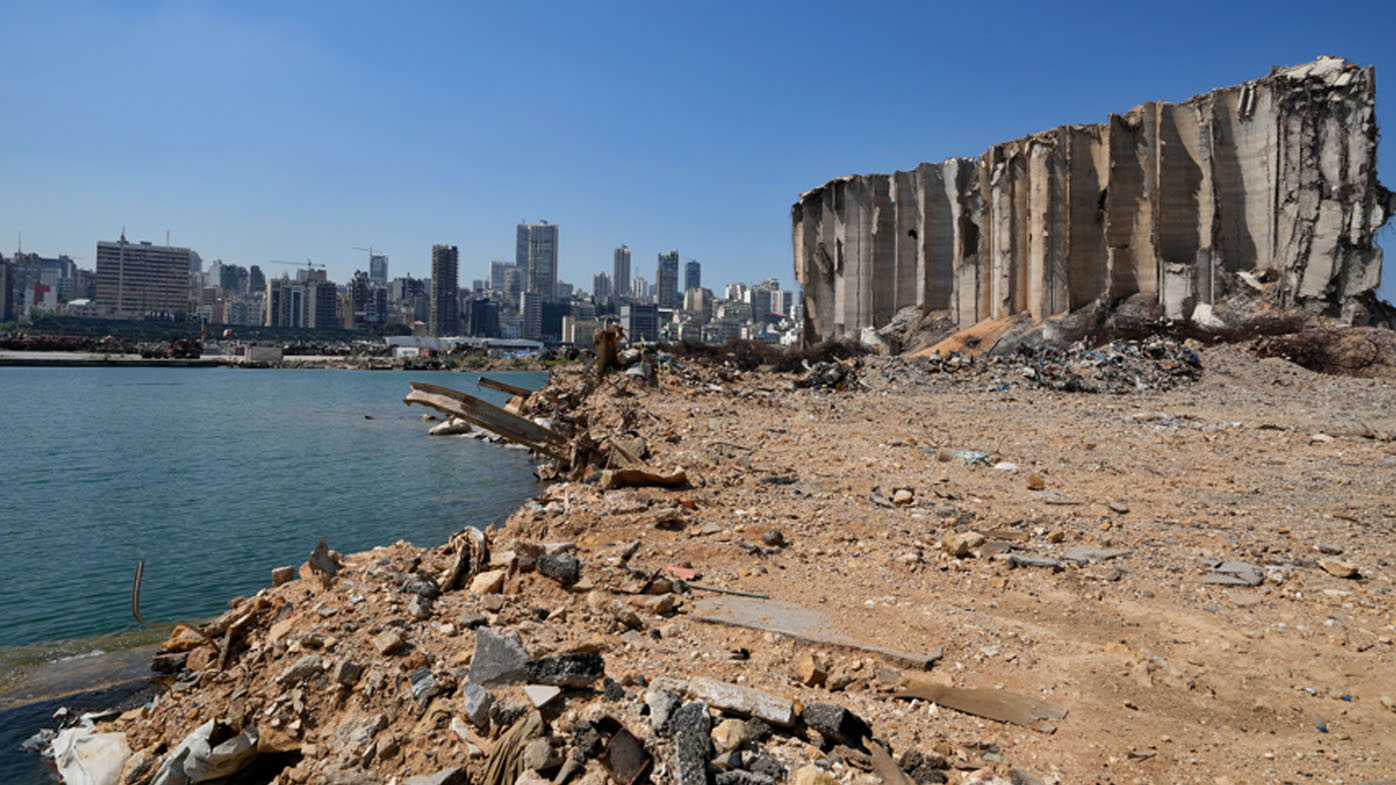
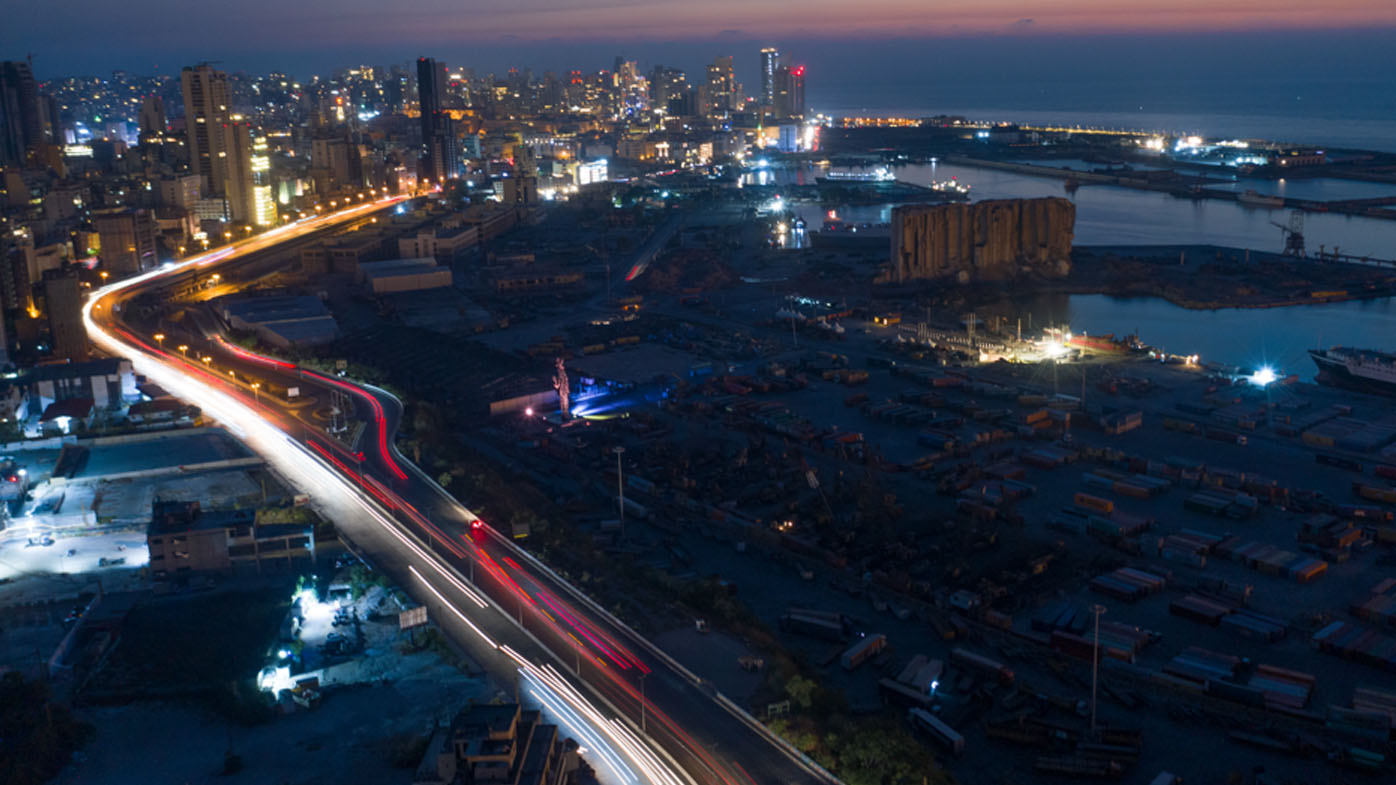
Black and white portraits of each of the blast's victims, commissioned by Mr Hoteit's group, hang from the walls of a central square near the port.
Painted on a wall opposite the still mangled port, a large slogan declares, "My government did this."
The blast was preceded by a fire that broke out at the port, and hundreds of tonnes of ammonium nitrate stored in a hangar along with other highly combustible materials exploded.
It was one of the largest non-nuclear explosions in history.
Along with the dead, thousands were injured.
Some 300,000 homes were damaged or destroyed.
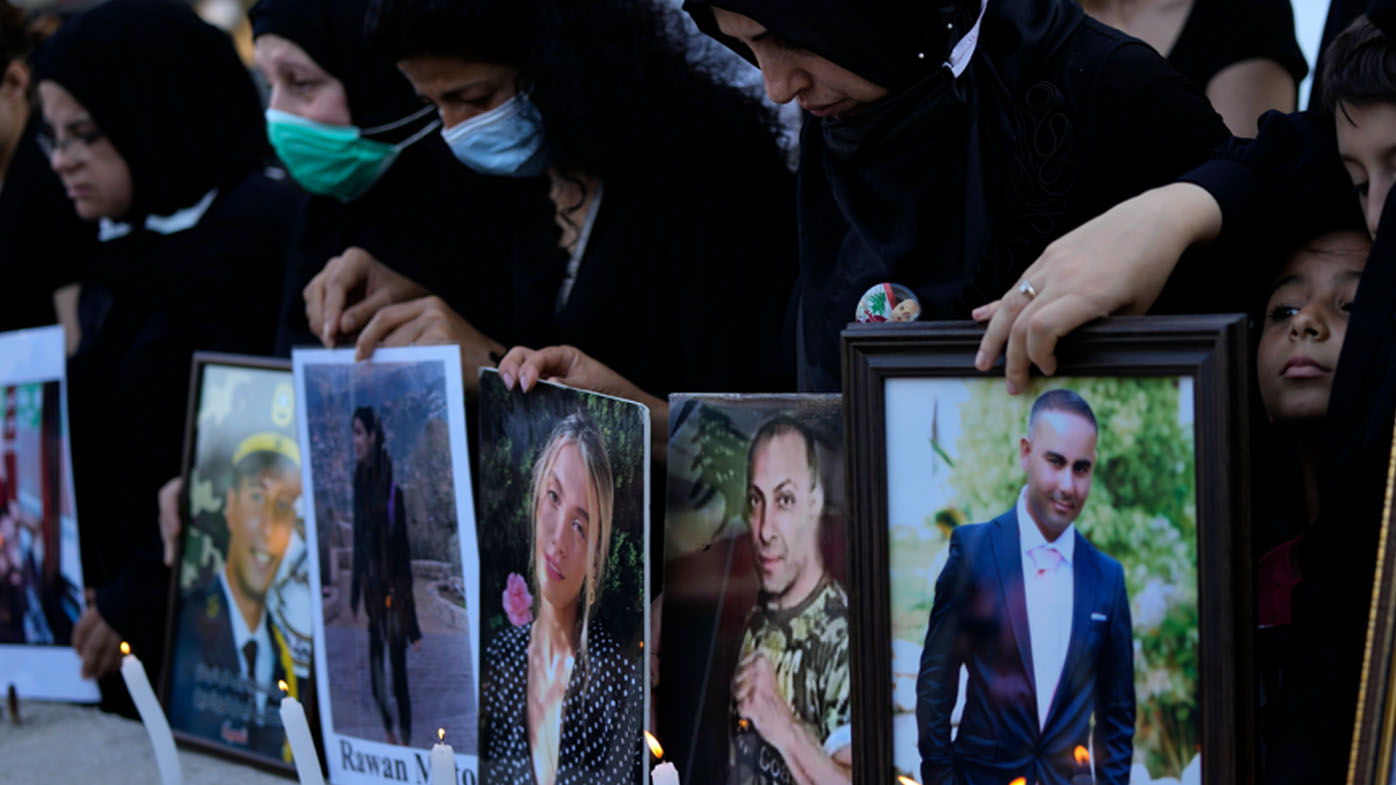
It soon emerged in documents that the ammonium nitrate had been stored improperly at the port since 2014 and that multiple high-level officials over the years knew of its presence and did nothing.
But a year after the government launched a judicial investigation, nearly everything else remains unknown — from who ordered the shipment to why officials ignored repeated internal warnings of the danger.
Multiple government agencies have a role at the port, but all of them have said the ammonium nitrate was not their responsibility.
